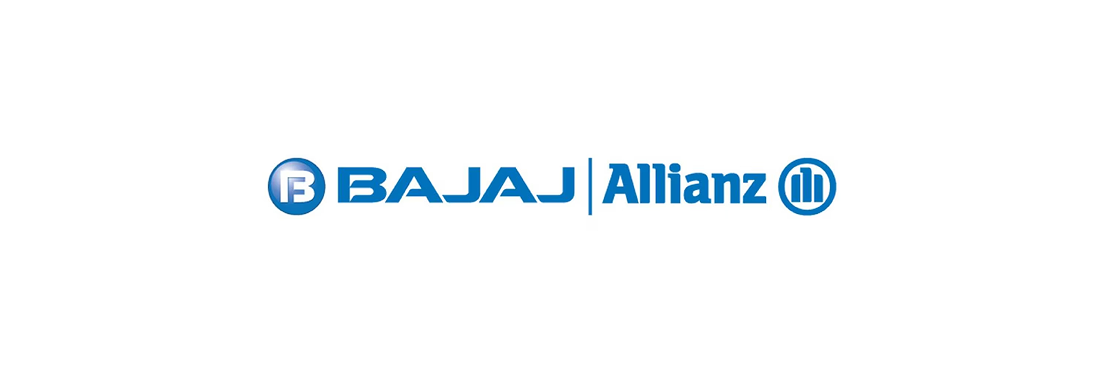In 2025, employees are no longer looking for the best paycheck. But more than that.
They want comprehensive benefits that secure their health, families, and the future.
According to studies, 88% of employees consider benefits essential for job satisfaction, and employees who are satisfied with their benefits are 1.3 times more likely to stay loyal to their employer.
India, now home to 484,954+ startups, is the second-largest startup hub globally, making talent retention more challenging than ever.
With so many options available, employees are more selective, and companies are realizing that offering an employee insurance plan is key to keeping the best people around.
But it’s not just about keeping your employees happy. It’s about your company’s reputation. With global public forums like Glassdoor and Quora, word gets around quickly.
If your employees aren’t satisfied with their benefits, it won’t be long before it affects your reputation in the market.
Let’s quickly explore the best employee benefits insurance options that can protect your team and secure your business’s future.
Mitigata: Your Best Employee Benefits Insurance Partner
At Mitigata, we know that each business is different and has different budget requirements. Hence, we bring you the best coverage available in the market at the best prices.
Here’s what we offer you:
We are partnered with trusted names, including HDFC ERGO, ICICI Lombard, and Iffco Tokio. We bring the best coverage, right at your fingertips.
We offer flexible plans that fit your business needs, whether it’s health, life, or retirement coverage. You’ll receive personalised insurance options that work for you.
From easy plan selection to quick claims, we keep it simple and stress-free. No jargon, no long wait times.
Our team is here to help guide you and make sure all your queries are clarified before buying an employee benefits plan.
The Smartest Employee Investment starts at ₹60,000/Month

Top Employee Benefits Insurance Companies
Here’s our recommended list of the best employee benefits insurance companies that can help you make an informed decision.
1 .HDFC ERGO

HDFC ERGO, one of the best employee benefits insurance companies, offers a comprehensive Group Medical Insurance Policy. Their policy is perfect for companies of all sizes looking to provide medical benefits to their workforce.
Key Features:
- Employees can receive treatment at any network hospital without incurring upfront costs.
- Coverage can be customised to the specific needs of your workforce.
- Pre-and post-hospitalization expenses are also covered.
2 . Bajaj Allianz

Bajaj Allianz offers different types of coverage, including group health, group personal accident, employee compensation, and group travel insurance. Their coverage is designed to provide peace of mind to both employers and employees with a variety of plans suited to different needs.
Key Features:
- Provides cashless treatment at network hospitals to reduce the financial stress on employees during emergencies.
- Includes daycare coverage, ensuring treatment for immediate conditions that need less than 24 hours of hospitalization.
- Covers expenses for ambulance services, facilitating timely medical assistance during emergencies.
See which cyber insurance companies in India are leading the charge in protecting businesses from digital threats.
3. ICICI Lombard

ICICI Lombard offers some of the best employee insurance plans, including health insurance and group coverages. They offer flexible plans that can be customized to fit the requirements of your workforce.
Key Features:
- Provides full coverage, including hospitalization, pre- and post-hospitalization costs, daycare treatments, and domiciliary hospitalization.
- Covers maternity expenses, including both pre- and post-natal care.
- Ensures cashless hospitalization at over 10,200 network facilities in India.
From Onboarding to Claim We’ve Got You Covered
Trusted by 500+ companies and backed by industry’s leading providers – we offer what’s best for you.

4. Go Digit

Go Digit offers Group Medical Health Insurance plans with simple, transparent terms that ensure your employees are covered for their medical needs. They provide quick access to cashless treatment and a hassle-free claims process.
Key Features:
- Access to cashless treatment at over 6,400 network hospitals across India simplifies the claim process for employees.
- Offers immediate coverage without waiting periods, allowing employees to avail benefits from day one.
- Streamlined, paperless claims process through the Digit app, enhancing convenience for both employers and employees.
You should also check these top crime insurance companies offering the strongest protection against fraud and theft.
5. Iffco Tokio

Iffco Tokio is another leading employee benefits insurance company offering a Corporate Health Insurance solution to guarantee medical care for employees and their families. Their plans cater to a wide range of business needs, from small startups to large enterprises.
Key Features
- Provides cashless hospitalization in over 4,200 network facilities in India.
- Covers maternity expenses, including both pre- and post-natal care.
- Easily customisable policies for businesses, clubs, and institutions.
Care for Your Team Like They Care for Your Business
Protect your people with Mitigata’s employee benefits insurance—flexible, affordable, and easy to roll out.

Conclusion
In this blog, we’ve reviewed the top employee benefits insurance companies, highlighting the key features and coverage they offer.
If you’re still confused and want to select the best employee benefits insurance. Then, let Mitigata make this process simple, offering you the best employee insurance plan at the best rate.
Contact Mitigata today and take the first step towards securing your employee’s future.

